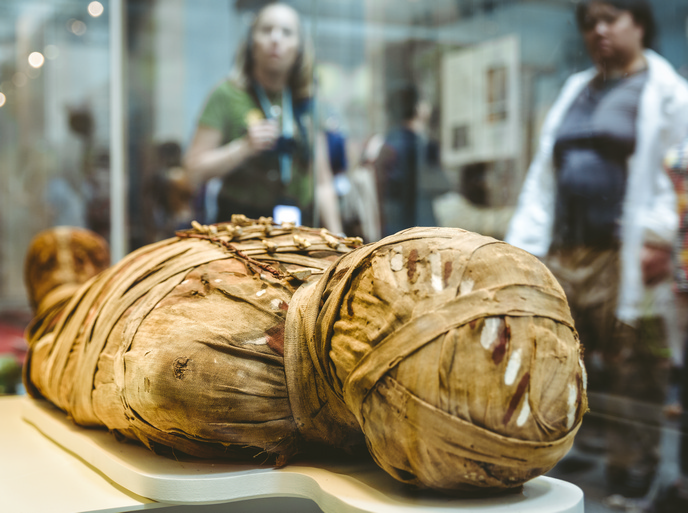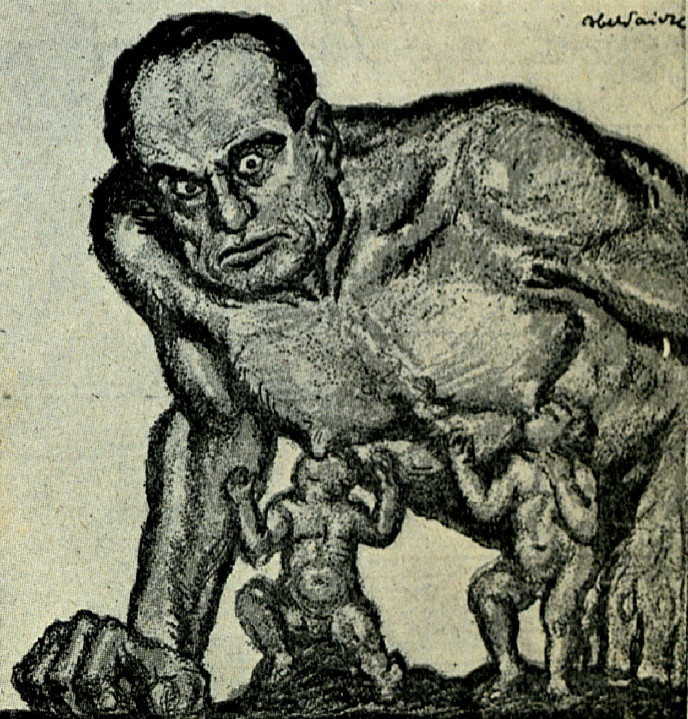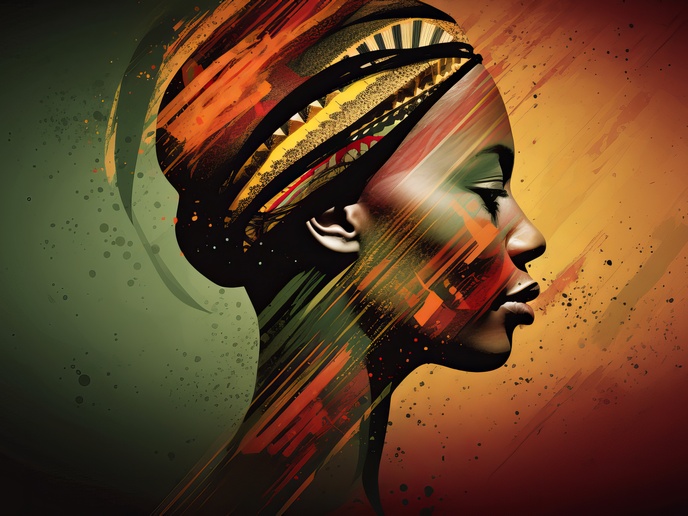Multilingual approach unlocks rich world of literature
World literature – literature that circulates globally – has become synonymous with literature in English. A few non-Anglophone writers do make it into the canon, but by and large book reviews and university courses make creativity and thought not in English almost invisible. A consequence of this is that works that are not in English and do not circulate globally are seen as provincial, and not good enough to be considered ‘world literature’. “A key question is: whose world is this?” asks Mulosige(opens in new window) project coordinator Francesca Orsini, professor emerita of Hindi and South Asian Literature at the School of Oriental and African Studies(opens in new window) (SOAS), University of London in the United Kingdom. “Who decides what is and what is not ‘world literature’?” Orsini argues that current approaches deny the full richness of world literature. “What you end up with are Booker Prize winners and Nobel Prize winners in the canon,” she says. “But what about all the rest? World literature is much more than just a means to ‘represent’ a language or culture to a Western audience.”
Different perspectives
The Mulosige project, supported by the European Research Council(opens in new window), sought to encourage new approaches to world literature by introducing a number of key concepts. The first was multilingualism. Works from North India, the Maghreb and the Horn of Africa were used as case studies. “Most if not all parts of the world are multilingual,” adds Orsini. “However, literature is often thought of in monolingual and national terms, i.e. Hindi literature, or German literature. All too often there is a hierarchy of languages, and they are pitched against each other in competition.” The project stressed the importance of local context, or what it called multilingual locals. In Morocco for example, literature in French and Arabic are often treated separately, as if they are not part of the same milieu. The project sought to bring back together (‘read together’) authors in both languages, to emphasise the importance of interconnections, and to see multilingualism as a richness and not a hindrance. “We also took a ground-up view,” notes Orsini. “We asked ourselves what world literature looks like from Delhi, or Fez, because where you are located will inevitably produce different views.” As an example, the project team found that the Cold War affected all literatures, but local literary interpretations varied significantly, and often crossed the divide between the two blocs. This was tied with shared experiences of colonialism and the emergence of the Third World(opens in new window) as an identifiable entity.
A world of reading
Through seminars and workshops, the project has brought these key concepts into academic discussions. “We hope to influence the way world literature is taught and promote approaches that highlight local and regional perspectives of ‘world’ and comparative literature,” she explains. The project also hopes to have an influence beyond academia. An accessible digital archive containing not only teaching modules but also translations and podcasts has been developed. A central thread through all these resources is the importance of multilingualism in literary traditions, and of local contexts in world trends. “London for example is home to over 300 languages, and we can hear and see these languages expressed through stories, poetry, songs and books,” says Orsini. “At a recent festival, we heard London poets reciting in Somali, Hindi, Chinese etc. With translations, we can explore so much more than if we just stick to what usually gets reviewed and promoted."







